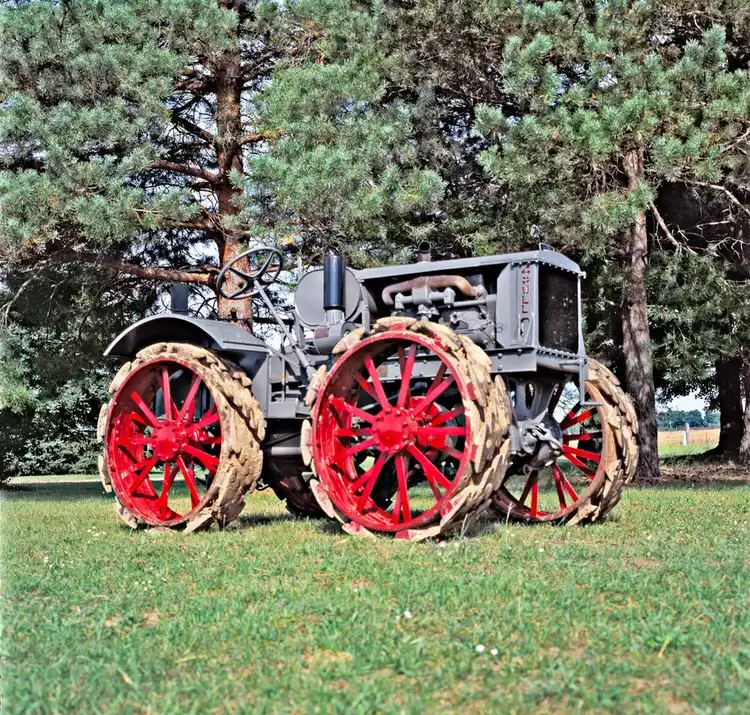The development of four-wheel drive (4WD) tractors marked a significant milestone in agricultural history, revolutionizing the way farmers manage their fields. The innovation, which began gaining traction in the mid-20th century, addressed the limitations of earlier tractor models, offering enhanced power and versatility.
Early Innovations
The concept of 4WD tractors dates back to the early 1900s. However, it wasn’t until the 1950s and 1960s that the technology began to evolve more rapidly. During this period, manufacturers sought to improve the efficiency and productivity of farming equipment. Early 4WD tractors were designed to tackle challenging terrains and heavy workloads that two-wheel drive tractors struggled with.
Key Developments
Several key developments helped shape the evolution of 4WD tractors:
1. Increased Traction and Power: 4WD tractors provide better traction and power, making it easier to work on wet or uneven ground. This improvement was crucial for farmers dealing with varied soil conditions and larger fields.
2. Versatility and Efficiency: The introduction of 4WD allowed tractors to perform a wider range of tasks more efficiently. From plowing and tilling to planting and harvesting, these tractors became indispensable for modern farming.
3. Technological Advancements: As technology advanced, so did the features of 4WD tractors. Innovations such as improved hydraulics, better engine performance, and advanced control systems further enhanced their capabilities.
Impact on Agriculture
The adoption of 4WD tractors transformed agricultural practices. Farmers experienced increased productivity and efficiency, allowing them to manage larger plots of land with greater ease. The robust design of these tractors also meant less downtime and maintenance, further contributing to their popularity.
4WD tractors played a pivotal role in the modernization of agriculture, helping farmers to meet the growing demands of food production. Their ability to handle a variety of tasks and conditions made them a valuable asset in the quest for more efficient and sustainable farming methods.
The history of 4WD tractors is a testament to the importance of innovation in agriculture. By addressing the limitations of earlier models, these tractors have become a cornerstone of modern farming. As technology continues to advance, the future of 4WD tractors looks promising, with the potential for even greater contributions to the agricultural industry.


